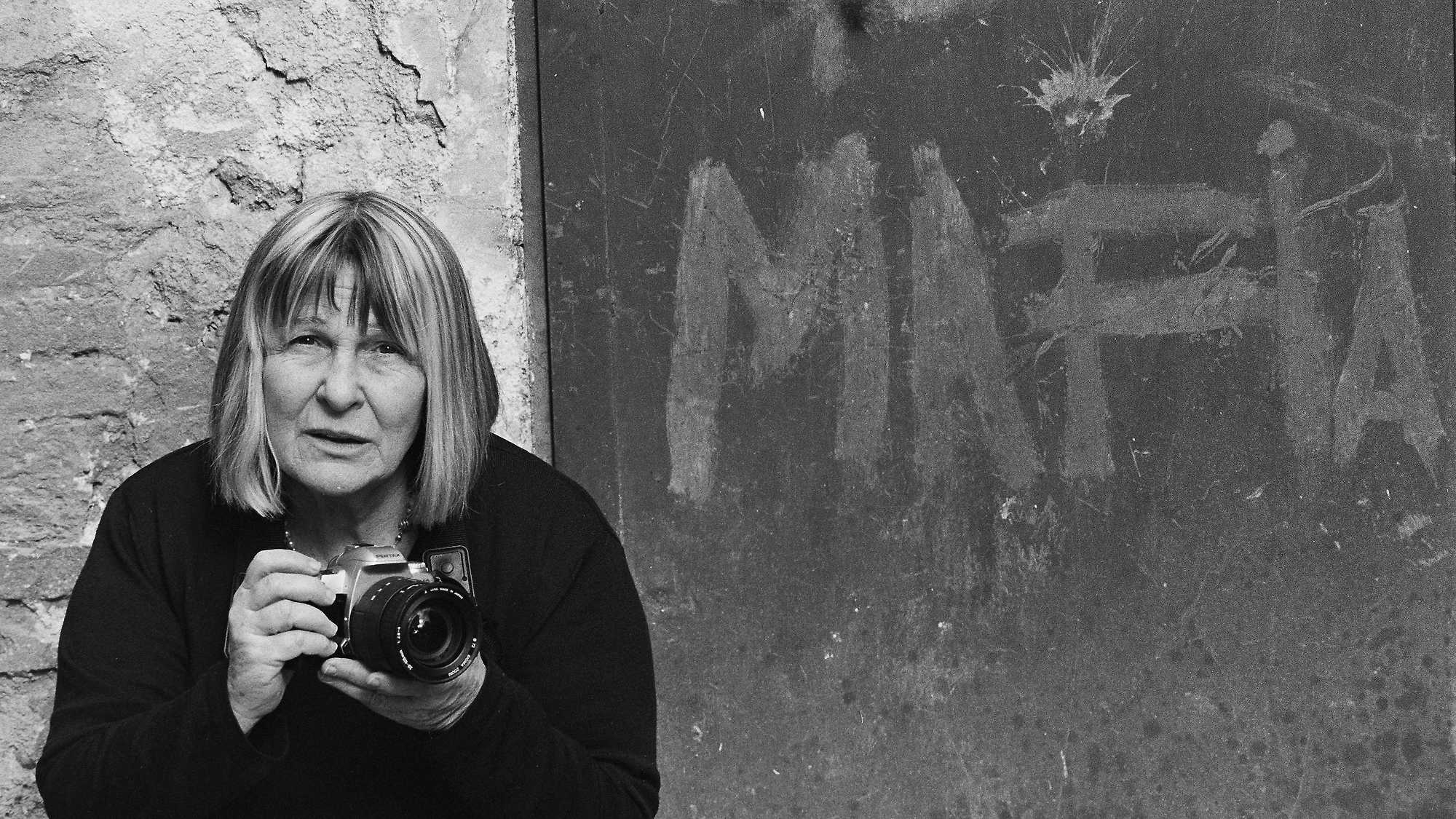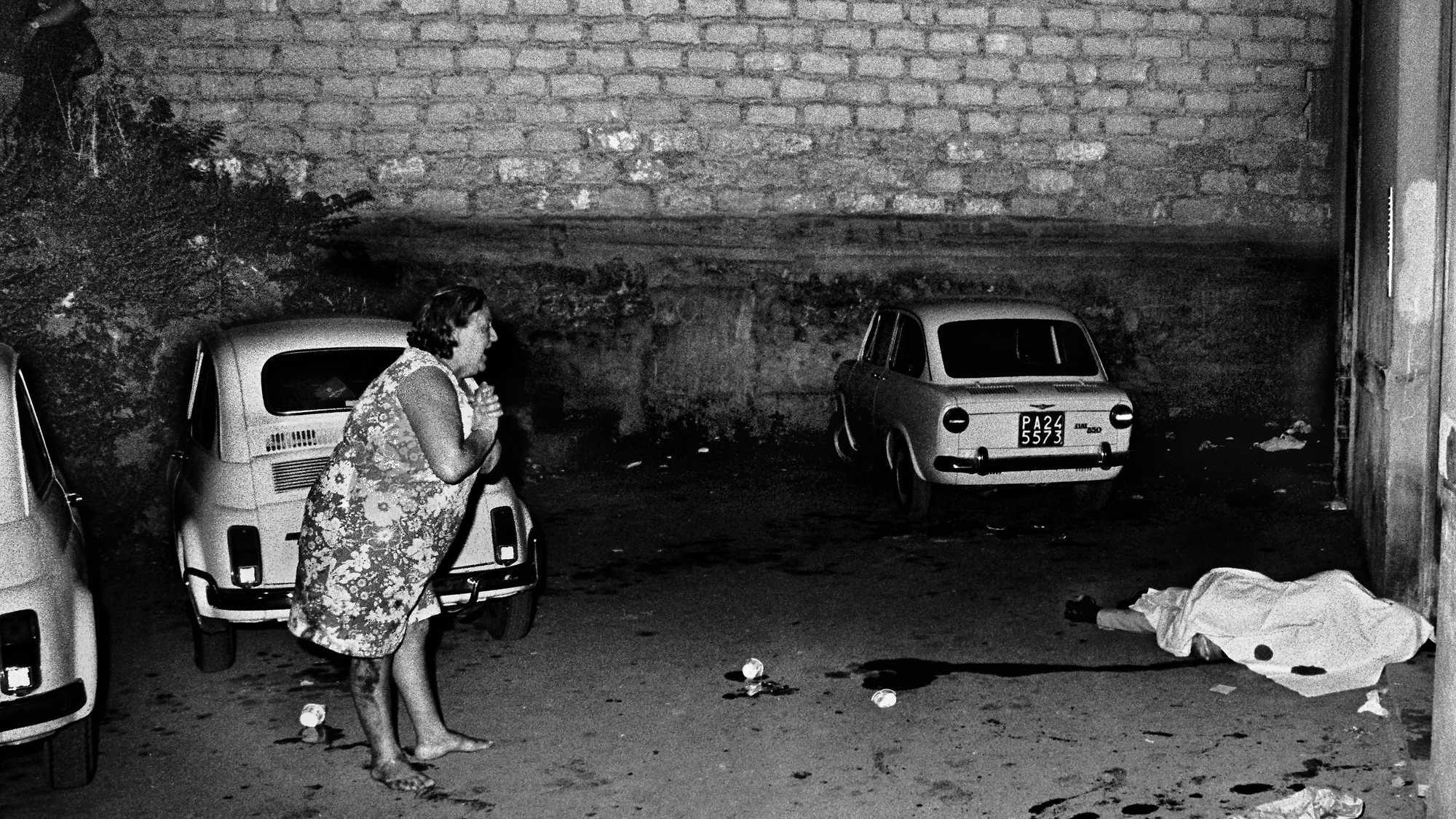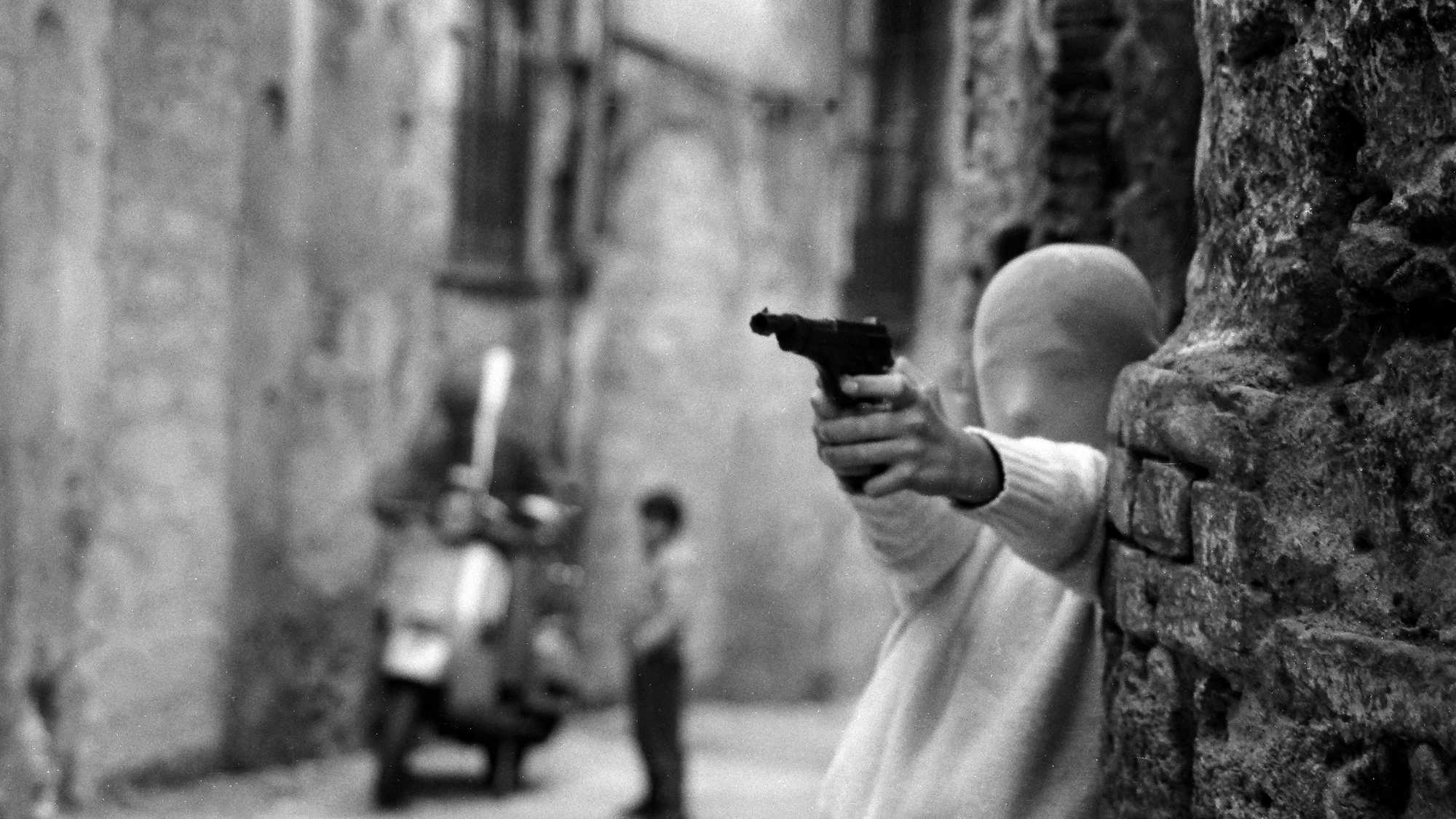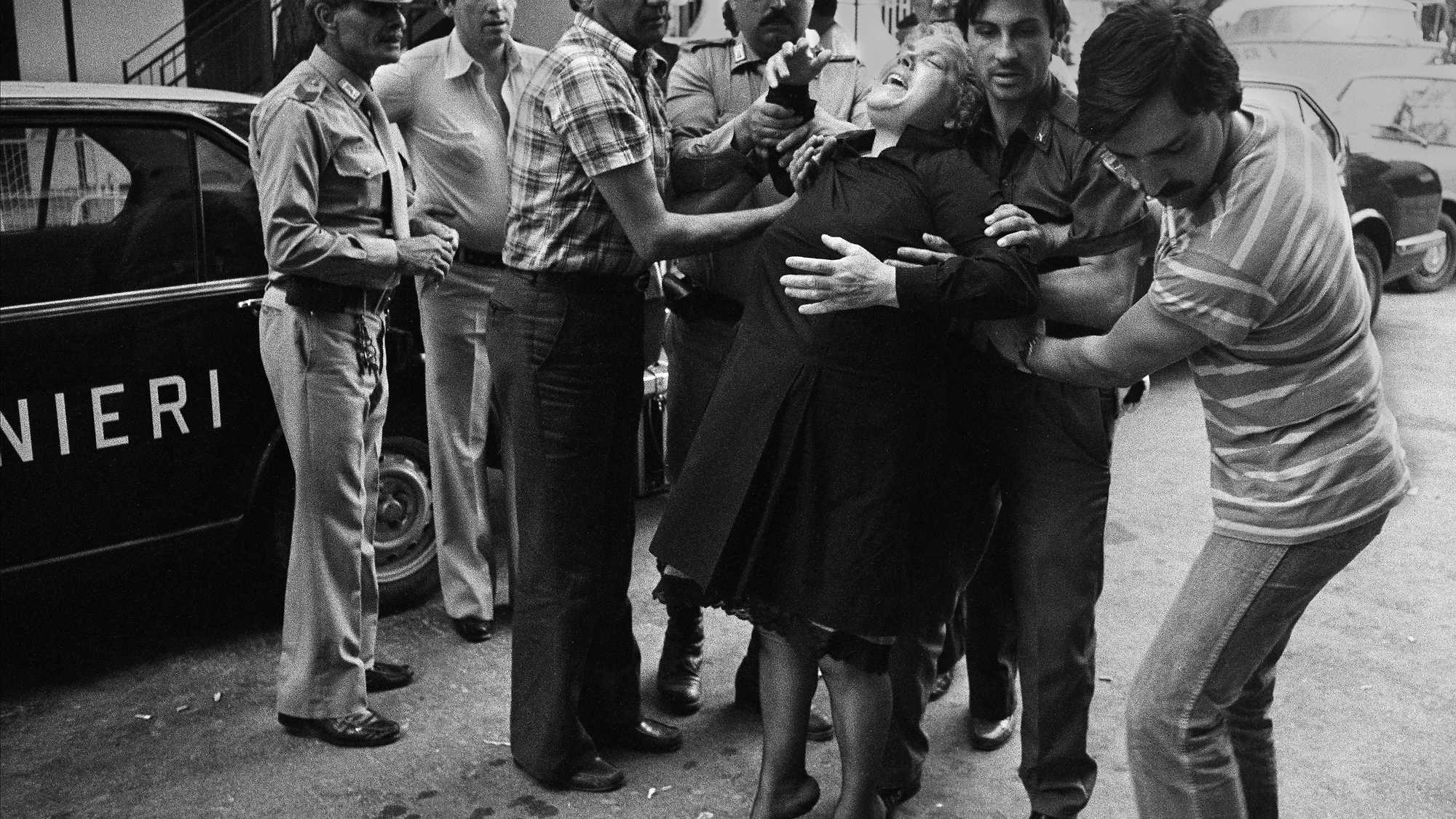Veteran documentarian Kim Longinotto turns her lens on legendary photographer Letizia Battaglia, who reflects on a life lived to the fullest amidst violence in mob-controlled Sicily.




A fascinating look inside a near-hermetically sealed world of crime, where very few survive to tell their tale of defiance. Battaglia, amazingly, does.
Screened as part of NZIFF 2019
Shooting the Mafia 2019
Charismatic Letizia Battaglia, an award-winning Sicilian photographer and photojournalist, may be best known for her haunting and harrowing images documenting the Mafia at a time when its internecine warfare seeped out into civil society and left corpses in Sicily’s streets. Taken over several decades starting in the mid-1970s, and published in L’Oro, a Palermo newspaper where Battaglia was employed (the first female photojournalist to work for an Italian daily), these photos exposing the Mafia’s crimes and rituals established her as a fearless figure and a danger. Death threats, physical assault and intimidation ensued.
While still preoccupied with the Mafia’s deleterious legacy, she ceased shooting it some time ago – the title of Kim Longinotto’s biographical documentary is slightly misleading in that regard – but continues to bear witness in other ways. Her staunchly independent trajectory has involved, among other things, activism, a stint in politics, and a special concern for the status of women. Now in her 80s, she is as unconventional and headstrong as ever. Frank and passionate about her many lovers, work and social issues, if somewhat evasive about certain aspects of her life, she is a compelling subject.
Within observational material more typical of her films, Longinotto (Dreamcatcher, Sisters in Law) embeds excerpts from classic Italian cinema, in echo of, or contrast to Battaglia’s early, oppressed life, home movies and archival news footage. These add a dimension to this portrait, which shifts from the personal to a broader canvas encompassing recent Italian history. — SR